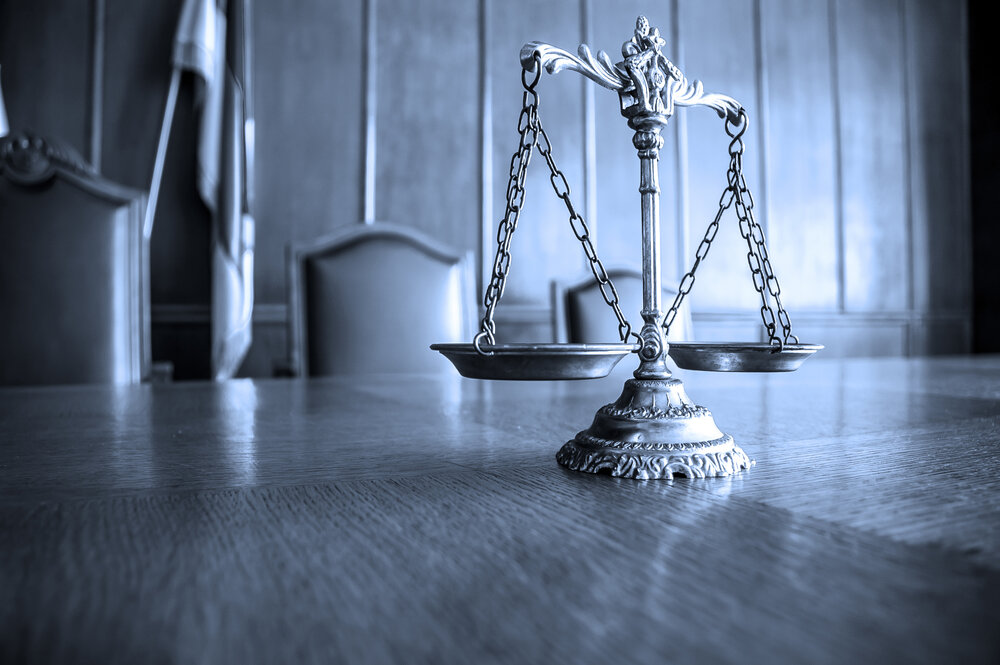In 2018, a man in Saskatchewan was tried for the killing of a First Nations man. The deceased had ventured onto the accused’s property in the company of others. After a confrontation, the accused’s gun fired, killing the visitor.
A jury found the property-owner not guilty of homicide. There was outrage at the verdict as the accused was a white man. Politicians railed against the injustice of it all. None had been present in the court or had heard the evidence that the jury considered, but pandering to public opinion translates to popularity. Even the federal Justice Minister at the time chimed in. I’m unfamiliar with all the evidence so I will not comment as to whether I believe the result was just.
I will say that juries have a difficult job to do.
As they are instructed to examine only the evidence they hear, and carefully heed the specific instructions of the judge, jurors shouldn’t be subject to the criticism of politicians who have neither scrutinized that same evidence nor have been subject to the jury instructions.
Fast forward to Bill C-75, an act comprising a number of changes to the Criminal Code and other laws. It meandered through Parliament and became law in September 2019. There is much to question in this bill, but the subject of this rant—and the glaring result of the above noted trial—is the abolishment of pre-emptory challenges during jury selection.
What is a pre-emptory challenge? An accused and the prosecution have traditionally had a number of these challenges that would allow each side to object to a potential juror without having to state a reason for doing so.
This was, in my eyes, a tremendous equalizer in trying to ensure an accused had a shot at having a jury of his/her peers.
When we attend court to select a jury, lawyers are given a list of potential jurors which includes their names, addresses, and occupations. We use this information to try and formulate some idea of what the background of the juror might be. Do they come from a background that would allow them to appreciate various subtleties in the evidence? Will they be open to consider those subtleties from our client’s perspective?
To put it another way, can they put themselves in our client’s shoes?
We jail a disproportionate number of people of First Nations descent. That means we try a disproportionate number of First Nations people.
The potential jurors summoned for jury duty in Winnipeg lack a representative proportion of First Nations representatives for a number of reasons. But there could at least have been an ongoing attempt to address that imbalance had pre-emptory challenges not been abolished.
Now, because an Indigenous man was killed and a white man was acquitted—and because of the resulting outcry over his use of pre-emptory challenges to get him a favourable jury—we have lost an essential means of working toward equity in our courts. Future accused, many of whom will be of First Nations descent, will no longer be able to challenge any individual jurors who they fear may have no connection or understanding of their experience.
In short, any opportunity to actively shape the make-up of a jury to be close to a “jury of one’s peers” is now lost—for the sake of political gain.

